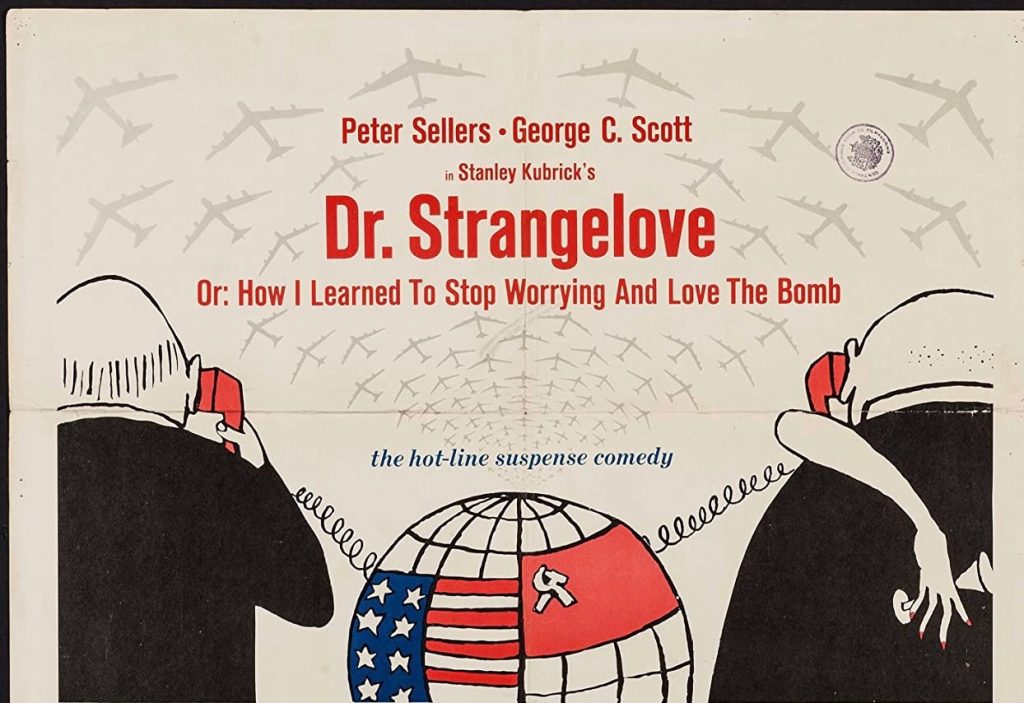
Wednesday, June 10
“History will be kind to me,” said Winston Churchill on the eve of his retirement, “for I intend to write it.”
But who will write the history of our current, event-chocked and confusing period? It’s difficult to think of any elected official whose voice, or recollections, we need to hear. Alexandria Ocasio-Cortez, maybe, in 40 years? We’re more likely to hear from Trump hacks or unreliable, wacky narrators such as Senators Rand Paul or Ben Sasse. Certainly numerous science and politics journalists, from the Times’ Donald G. McNeil Jr. and Maggie Haberman to The New Yorker’s Elizabeth Kolbert, are likely sharpening their pens and memories. And of course publishers would kill to have a book by Dr. Anthony Fauci, the director of the National Institute of Allergy and Infectious Diseases, or even the much-quoted Vanderbilt University infectious-disease expert Dr. William Schaffner. (Unsurprisingly, there is a “coming wave of coronavirus books,” according to The New York Times.)
But only time will reveal the true meaning of our triple-crisis.
When the Nixon administration was wooing China back in the early 1970s, Henry Kissinger reportedly asked China’s No. 2 man Zhou Enlai for his evaluation of the French revolution. “Too soon to say,” Zhou allegedly responded, possibly mishearing Kissinger’s query. But it was a profound response anyway—nearly two centuries had passed since the French events and it was perhaps yet too soon to offer an evaluation of Robespierre, Saint-Just, Danton, Marat, the sans-culottes, the Terror, the Committee of Public Safety, Thermidor, and ultimately Napoleon Bonaparte.
Even with the passage of time, some questions from our current period may never be answerable. This began, of course, with a health crisis presided over by a number of incompetent and would-be authoritarian governments, eliding into an international protest movement against racial injustice. Just how were these related? The health crisis hit minority communities hardest. Did that fact encourage the protest movement? Just how did the witlessness of Trump, Boris Johnson, Bolsonaro, etc. feed into the worldwide protests that remain centered on U.S. police brutality against African Americans?
What about the lockdown? Did thousands rebel against social isolation by going out into the streets to demonstrate? Did job losses and recession have anything to do with the looting—or was that just a crime of opportunity?
And what about the possibly astro-turfed protests against the lockdown by weapons-toting yobs? “I need a haircut!” shouted one such profoundly thoughtful youth. Some of these not-so-well-attended gatherings, it turned out, were coordinated by the likes of the Michigan Freedom Fund, a conservative group with ties to Education Secretary Betsy DeVos.
But were all of them phony? Or has an anti-science, quasi-anarchistic tendency arrived as a permanent part of the U.S. political scene?
It has become a commonplace saying in the Trump years, “you can’t make it up.” It doesn’t get any more absurd than all of this.
Which means that developments are ripe for a satirical rendering. Writers such as Joseph Heller and filmmakers such as Stanley Kubrick/Terry Southern found fertile material in the Masters of War death cult surrounding World War II and the cold war. (I made my own attempt at Jonathan Swiftish satire a few days back in chapter 88 of this blog.) Some writer is out there now, scribbling down an outlandish, weirded-out version of the bedlam that’s unfolding daily.
Dinner: leftover steak, baked potatoes and sour cream, coleslaw.
Entertainment: The slow-moving Polish policier The Crime.
